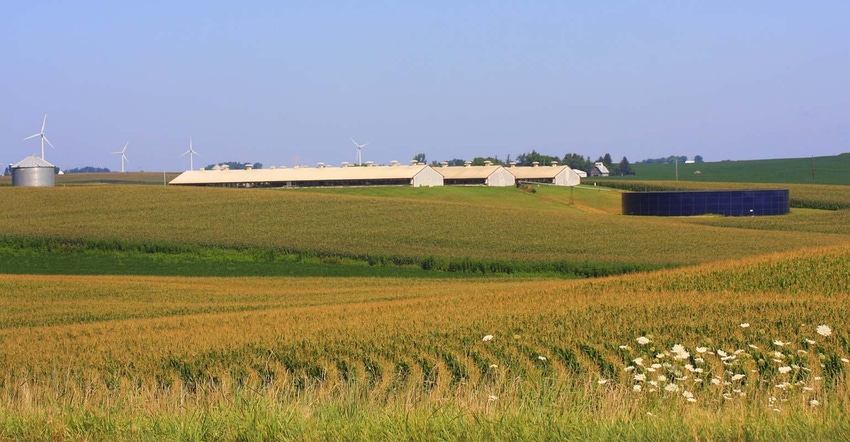
December 7, 1941 – a date that will live in infamy – is remembered for Japan attacking the United States. Another momentous decision made on this date which will receive much less publicity is the action by the Trump administration regarding a new ambient air quality standard for particulate matter.
It is known as the PM2.5 standard. EPA stated “…after carefully reviewing the most recent available scientific evidence and technical information, and consulting with the Agency’s independent scientific advisors, EPA is announcing it will retain, without revision, the existing primary (health-based) and secondary (welfare-based) National Ambient Air Quality Standards (NAAQS) for Particulate Matter.”
For more than 20 years Dr. Jim Enstrom, Dr. John Dunn, Stan Young and Steve Milloy, all vigilant critics of EPA, have been fighting with EPA over the health effects of PM2.5. With the new Biden administration, the battle over this EPA air quality standard will no doubt continue.
The last time this standard was revisited and changed was 2012. To be expected was the response from industry groups supporting EPA’s action. The public health and environmental community disagreed with EPA’s decision.
Do you care?
A reader may ask: Why do I care? In agriculture we generate dust, which is called PM10, and fine particles such as pollen, spores, and soil erosion as particulate matter 2.5. The PM2.5 is known as a “fine fraction particle,” with an aerodynamic diameter of 2.5 microns or less (talcum powder is approximately 26 microns). Agricultural field operations and animal production are sources of this ‘outdoor air pollution.’
The World Health Organization (WHO) claims that agriculture of all kinds has the largest labor force in the world and is exposed to various sizes of particulate matter. The sources of particulate matter are field operations, unpaved roads, farm equipment exhaust, agricultural burning, pesticides, livestock, and windblown dust.
The European Union has studies in the particulate matter field and believes that “…agriculture is a major source of emissions and should be studied further to increase the health and welfare of rural community.” In fact, the EU believes that 5% of PM2.5 and 25% of PM10 comes from agriculture. In studies, the EU says that “Conservation tillage accomplished approximately 85% and 52% reduction in PM10 emissions on two different farms.”
Will it stand?
It is likely that the decision assisting agriculture on December 7, 2020 is not likely to stand in a Biden administration. President- Elect Biden has indicated he wants to reach net-zero emissions no later than 2050. He has also said he wants “…to protect vulnerable communities from actions by fossil-fuel companies and other polluters [farmers] that knowingly harm our environment and poison our communities’ air, land, and water, or conceal information regarding potential environmental and health risks.”
President-Elect Biden has made it clear he will partner with farmers and ranchers to get them to engage in better agricultural practices. His new administration “…will review regulatory roadblocks to new innovations and invest in climate-friendly farming such as conservation programs for cover crops and other practices aimed at restoring the soil and building soil carbon, and in the process, preventing run-off and helping family farmers deploy the latest technologies to maximize productivity.”
The PM2.5 air emission standard win of December 7, 2020 will not stand long. Undoubtedly the new Biden administration will try to overturn this decision. But for now, let’s call it a major win for both tillage and animal agriculture.
Note: Gary Baise organized President Trump’s agricultural team of advisers.
The opinions of the author are not necessarily those of Farm Futures or Farm Progress.
About the Author(s)
You May Also Like




